Issue 46 : 12 January 2020
Talofa Lava, Kia Orana, Malo E Leilei, Tena Koutou, Hello ...
... and welcome to the latest issue (the first for 2020) of “For The Love Of The Game”, the official e-zine of the New Zealand Amateur Sport Association Inc. We hope you enjoy reading the articles below. If you have any feedback on this issue, ideas for future articles, or would like to contact the Editor, please click here. And, you are invited to forward the e-zine to others you know, who may be interested in reading it.
If you are interested in applying for membership of the Association, please click here.
“2020” - Welcome To The Decade Of The “Yold”! ...
The highly-respected Economist magazine has noted that 2020 heralds the decade of the “yold”, or the “young old”, as baby-boomers (those born between 1955 and 1960), turn 65. For the first time in history, the world will have more people aged over 30 than under. The demographic impact offers a threat and an opportunity for many amateur sport organisations in New Zealand.
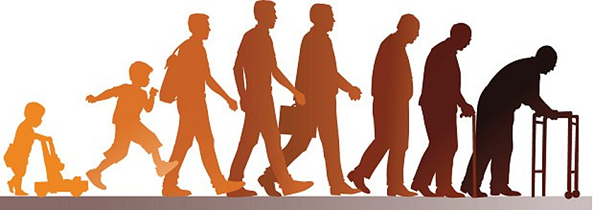
On the plus-side of the ledger, older people are staying active longer. A German study found that those who remain at “work” (paid or voluntary) after the normal retirement age, manage to slow the cognitive decline associated with old age and have a cognitive capacity of someone a year and a half younger. Finding effective and fulfilling ways to attract retirees to become (or remain) involved in sports clubs (perhaps with social-agency support?), could therefore be a win-win outcome for society.

On the flip-side, the demands on younger workers is resulting in less time for their involvement in voluntary activity on a regular basis, or as active-participants in sport, meaning a social connection with their local community sports club may not be so readily established as it was in the past. Over the longer-term, clubs require that connection to ensure there is a "next-generation" of volunteers.
Incorporated Societies Law Reform ...
With most sporting organisations registered as incorporated societies, the Association recognises that there are a broad range of issues arising from the proposed reforms of the Act which may not be within the competence and resources of existing registered incorporated societies to manage, including (but not limited to): the duties of officers (training and compliance, enforcement of statutory duties); managing conflicts of interest (including determination of materiality and maintaining a register of disclosures); financial reporting (the required format and process for filing); transitional timeframes and costs; development of dispute resolution procedures (complaints, grievances) and their arbitration; and the potential requirement to defend criminal offences brought by the Registrar against the organisation (or its officers).

While there has been a clear and well-described process of consultation since reform of the Act was first mooted in 2011, the Association notes that none of the eight member Reference Group convened by the Law Commission in the initial stages of reform consultation represented the community sport sector, while only 6% (12) of the 208 submissions received by the Commission were from entities associated with sport in the community. The Association suggests that it is possible that many of the governance issues for non-profit community sport organisations registered under the Act in its current form have therefore not been fully considered and it has contacted the Minister to highlight this issue.
Viewpoint : The "Halberg Award For Amateur Sport"? ...
70 nominations have been received for the 2019 Halberg Sports Awards, with success on the world stage again head-lining the list. 28 sports are represented across the six award categories. However, perhaps it’s timely to reflect on the origin and spirit of the original award which was established in 1949 by “New Zealand Sportsman” magazine founder, Jack Fairbairn.
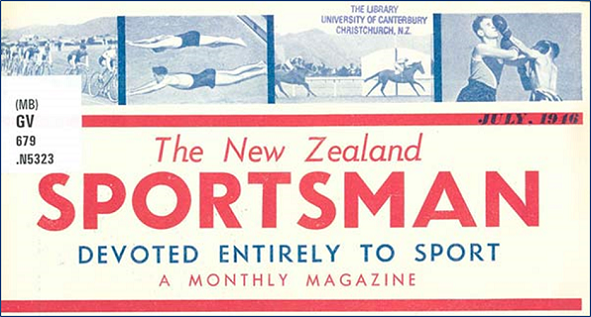
The original inscription on Fairbairn's trophy read, "the New Zealand Sportsman's Trophy, to be awarded annually to the New Zealand athlete whose personal performances or example, has had the most beneficial effect on the advancement of sport in the country". Awarding of the "New Zealand Sportsman's Trophy" ceased along with publication of New Zealand Sportsman magazine in 1960. Perhaps a new award relating to “sporting example” (either on-or-off the field) "in advancing community sport in New Zealand", is worthy of our consideration 70 years later?
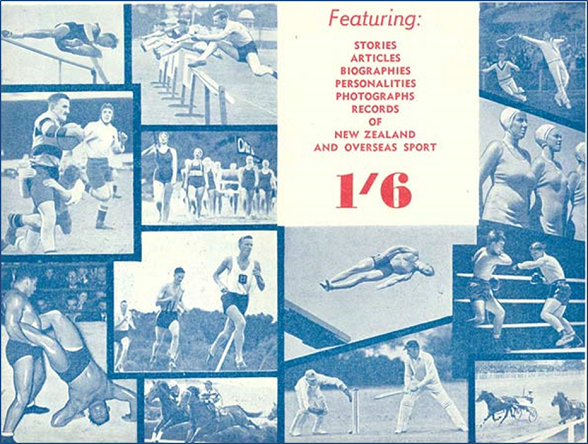
Where on the national stage are the exemplary efforts of our sporting volunteers recognised for their contribution to the community? How are the national achievements of our amateur sportspeople acknowledged?
Perhaps it’s now time for the Halberg Awards, in the spirit of Jack Fairbairn's original award, to create a seventh award for a New Zealander involved in sport, “whose example has had the most beneficial effect on the advancement of community sport in the country."
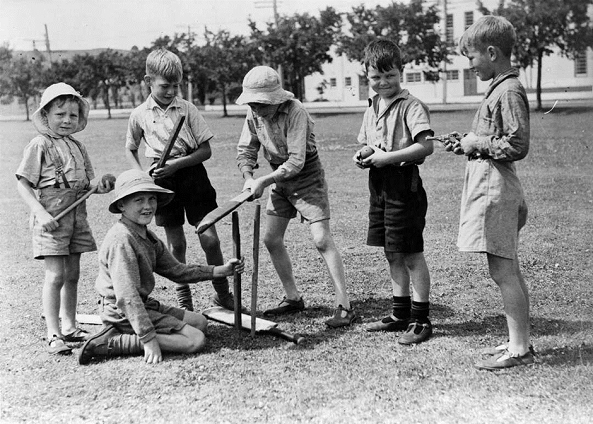
("Advancing sport in the community" is a social good which deserves greater recognition)
English Sporting Volunteers On The Wane ...
In England, volunteering rates within physical activity and sport are reported to be decreasing. The Active Lives Adult Survey November 17/18 Report (published in April 2019) notes that over the preceding 12 months, 364,400 fewer adults (minus 1%) volunteered at least twice, with the overall decrease in volunteering from those refereeing, umpiring or officiating (and providing any other help). The report notes that people from lower socioeconomic backgrounds are under-represented among volunteers, while men (59%) are more likely to volunteer to support sport than women (41%).

(Fewer referees, umpires and officials, inevitably leads to less sport in the community)
"World Players Association" (WPA) Sets Global Example ...
The WPA (an autonomous sector of the “UNI Global Union”) has a goal to ensure that the fundamental rights of children are promoted, protected, respected and fulfilled within professional sport. It has a specific focus “to encourage sporting employers and bodies including academies and centres of excellence to provide tailored educational programs for children players and athletes that inform them of their rights, the risks and dangers associated with a sporting career, [and] the importance of an education.”

In New Zealand, the New Zealand Athletes' Federation (NZAF), representing six professional players associations, is a member of the WPA. However the extent of the NZAF's influence in the junior club and college sporting sectors in promoting the fundamental rights of children is unclear. In part, this is why the Association’s new “Code for Sporting Youth”, (which in a practical way invites all National Sport Organisations in New Zealand to formally adopt the principles which are promoted by the WPA at a junior club and college sport level), is an important development in protecting the rights of child athletes in New Zealand. You can download the Association's Code for Sporting Youth, by clicking here.

“Shearing Sports” Capture 2019 World Titles ...
"Shearing Sports" is a non-profit organisation, incorporated in 1994 (formerly the "National Shearing and Woolhandling Committee"). Today it is the governing body for over 60 shearing and woolhandling competitions throughout New Zealand. The sport does not receive any Government funding, largely (based on its financial accounts), relying on sponsorships, donations and affiliation fees to fund its activities.
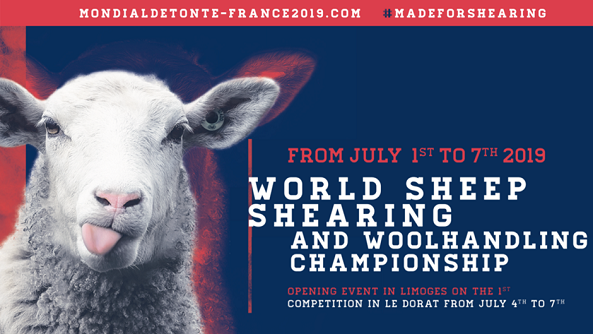
The World Shearing and Woolhandling Championships has been held for 40 years, with New Zealand winning three of six world titles in Le Dorat, France last year. Canterbury Blade-Shearers Allan Oldfield and Tony Dobbs won the world team’s title, while the teams’ Woolhandling world title, was won by Sheree Alabaster, of Taihape, and Pagan Karauria, of Alexandra. Sheree (Ngāpuhi) and Pagan (Ngāti Kahungunu) were also recognised for their achievements in the 2019 Maori Sport Awards.
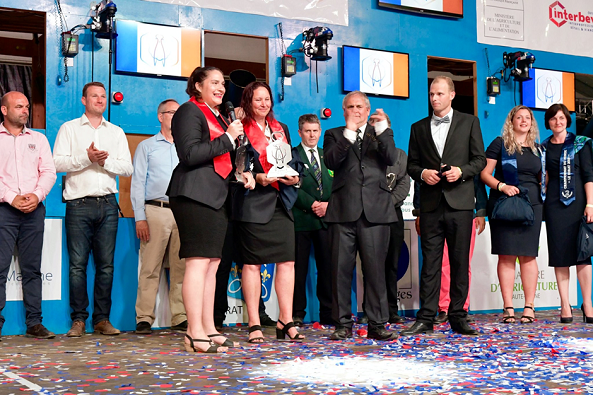
(Pagan Karauria and Sheree Alabaster receive their award in Le Dorat, France)
From The Archives ...
POVERTY BAY HERALD, VOLUME LI, ISSUE 16886, 16 NOVEMBER 1925
THIRTEEN OFFICIALS CONTROL DAVIS CUP MATCHES
“Modern sport has seen a great increase in the number of referees and umpires necessary to run off any sport event. Association football, with twenty two men competing, necessitates six, not including timekeepers and scorers. Baseball needs from one to four. Three rule basketball, while polo uses three at times. But tennis outstrips them all.
In the Davis Cup challenge round at Philadelphia there were thirteen men passing judgment on the play of the two contestants. Ten linesmen, three in each end and four on the sides, a net judge, a foot-fault judge, and an umpire make up the list.”
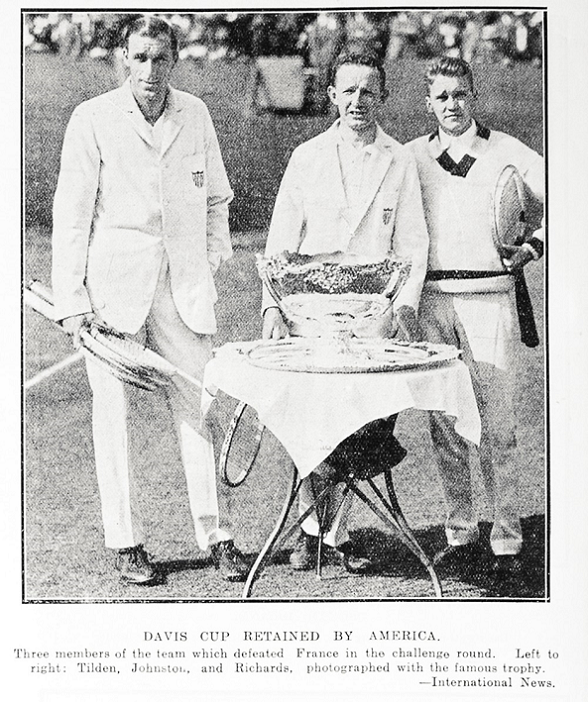
(13 match officials were involved in the 1925 Davis Cup tennis final, won by the United States)
The first "Lawn Tennis Umpires Association" in New Zealand was formed in 1904 in Wellington, with an equivalent Association created in Auckland in 1935. The formation of a New Zealand Association followed in 1938, with Canterbury and North Auckland establishing local provincial associations the same year. Otago and the Hutt Valley were to follow in 1945. By 1938, the Wellington provincial association had 75 active umpires, which had grown to 97, twelve months later. Provincial members who passed the New Zealand Association examinations were given free access to any Tournament administered by the Auckland, Wellington and Canterbury Associations, provided they umpired if called upon. In the era, major Tournaments at Christmas and Easter could feature over 200 matches, with a dearth of qualified umpires a problem.
In 1945, American tennis professional Jack Kramer donated a trophy to the New Zealand Association for the best all-round umpiring performance at the New Zealand tennis championships. The trophy was first won by John Flux of the Hutt Valley Association in 1949 and continues to be awarded to the present day.
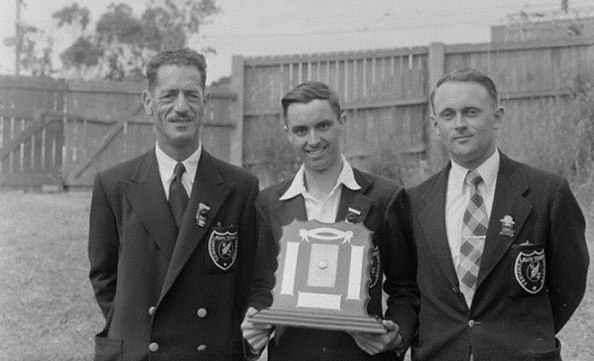
(Victor Salek, left with the winner of the Jack Kramer Trophy, in 1955)
The Final Word ...
"I think players should go through university before turning professional to give them more life experience … players are becoming worn out before they reach 30.”
(Dr. Shaun Williams, University of Bath, comments on the state of Rugby Union)